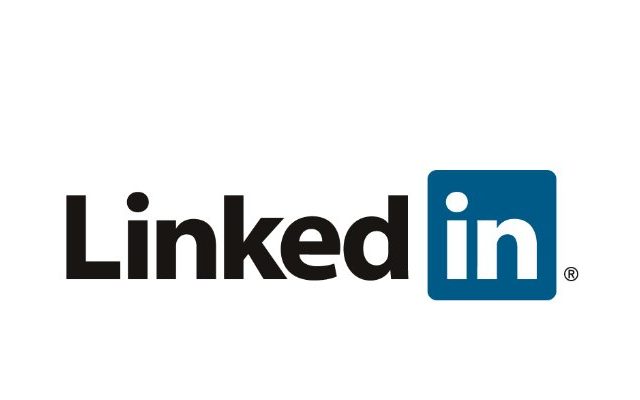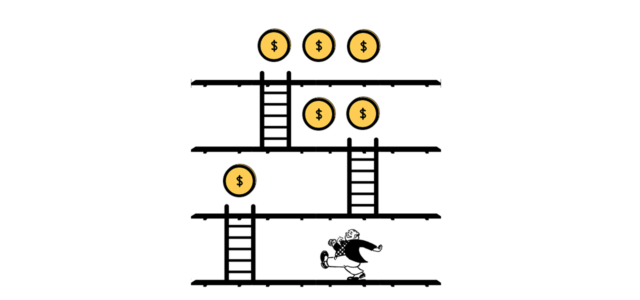I’ve always been a big fan of LinkedIn in any number of ways — as of this morning, I have like 490+ posts on here, although admittedly almost all of them are re-purposed from my site and most are horrifically unpopular — and back in March 2014, I wrote a post about how LinkedIn drives 4x the traffic to your homepage as compared to Facebook. (I’m not 100 percent sure those numbers hold up still.)
Over time, I grew a little bit weary of LinkedIn on two specific fronts:
- How recruiters use it
- The efficacy of publishing on there
I think I’ve nailed this down to a few specific ideas. Let’s try and flesh it out.
How recruiters use LinkedIn:
To be completely blunt, I often think recruiters are confused by LinkedIn. This makes some sense as many recruiters are housed within HR, and because many companies don’t treat HR respectfully as a business function, you sometimes see a slower innovation curve among HR employees than you would in, say, Product Marketing or something. I’ve had two semi-prolonged job searches in the past three years — once at the end of graduate school, and once a few months ago before I focused on going freelance.
From those two searches, what I’ve observed about most recruiters/screeners is:
- Oftentimes older
- Very concerned with a standard paper resume, even though LinkedIn is far more dynamic and lists skills and references in the same place
- Very concerned with job-hopping and time gaps
- Oftentimes unclear on the role (poor communication w/hiring manager)
- Oftentimes unclear on who you are, despite resume + LinkedIn
This all comes back to one central concept: technology straight-up murdered recruiting. We shoved a bunch of solutions at the HR space, but we probably didn’t properly contextualize any of them — or fully train people on them either — and now we have about 100 different sources coming into HR departments on any open position, and they’re probably drowning trying to keep up.
A few years ago when I was living in Minneapolis, I did a phone screen for a job. I saw that the recruiter had just looked at my LinkedIn profile, right? As I just said, I was living in Minneapolis. I get on the phone and she opens with:
“So, you’re based in Austin, TX presently?”
Where you live is literally the second line of your LinkedIn profile. She just had mine open. How is this so hard? I realize people get busy and overwhelmed, but can you show the candidate a bit of respect that you’ve done even the least bit of contextual research on them?
The efficacy of publishing on LinkedIn
Written about this before, if you’re interested.
The dirty little secret of LinkedIn: Active users
This is where LinkedIn is sitting on a throne of lies, I believe. As of late October ’15, it was reporting 400M users — which is more than the entirety of the United States — but only 25 percent were using it monthly.
That’s a huge drop-off — 75 percent of your users aren’t engaged monthly??!!? — but it makes perfect sense for a variety of reasons:
- Unless you want to be known as a writer/thought leader, you don’t have a reason to visit that often
- Unless you’re in the HR/recruiting space or actively seeking a job, you don’t have a reason to visit that often
- As people worship at The Temple of Busy daily, LinkedIn doesn’t seem that important to them, despite what we might claim about the value of personal branding
- Facebook is a place you curate and update things about your life for your actual friends; LinkedIn seems like a static professional network to most people
I’ve tried to add legitimate professionals on here — like, the types of people you would think would be very active — and it’s taken them 2-3 months to accept my request. With it, I always get this line:
“I don’t really go on here much.”
I worked at McKesson for 12 weeks in summer 2013. That place makes multiple billions of dollars. Every SVP I met there had a LinkedIn profile that:
- Didn’t have a real picture
- Had less than 500 connections
These are dudes slaying dragons and making tons of money, and they clearly give about 0.7 craps about LinkedIn.
Where’s the power in that?
What does this all mean for LinkedIn?
Nothing, really. They can still claim in speeches that they’re “reinventing the world of work” or whatever, and I’m sure the valuation will remain high and all that. Those are things that Silicon Valley and investors seem to care about.
To my mind, though, LinkedIn should be an active network of people attempting to showcase and define their career arcs, including:
- Recruiters
- Hiring managers
- People with new ideas
- People looking for funding
- People with a ton of money
- People who’ve had success and want to share tips
- Mentors looking for mentees
- Mentees looking for mentors
- Etc, etc.
That’s what it feels like the power of LinkedIn could be — but too often when you go on there, it feels like a static mix of inspirational quotes, memes, work anniversaries, a couple of research links, and maybe an article or two of interest from a thought leader.
Anyone else have a different experience with LinkedIn?
My name’s Ted Bauer; I blog here regularly and you can learn about hiring me for freelance and contract gigs as well. You can also subscribe to my newsletter.
Article by channel:
Everything you need to know about Digital Transformation
The best articles, news and events direct to your inbox
Read more articles tagged: Featured, Leadership






